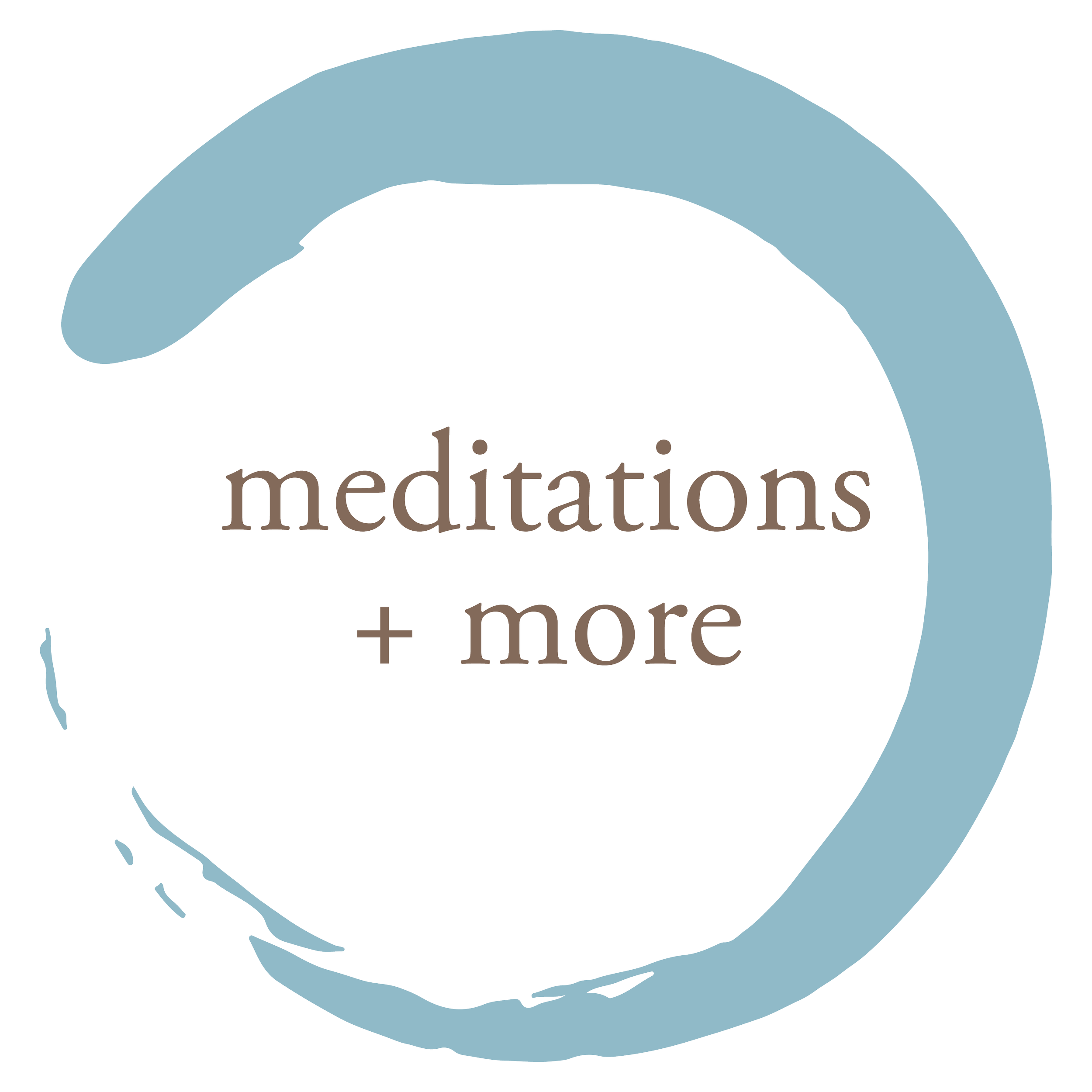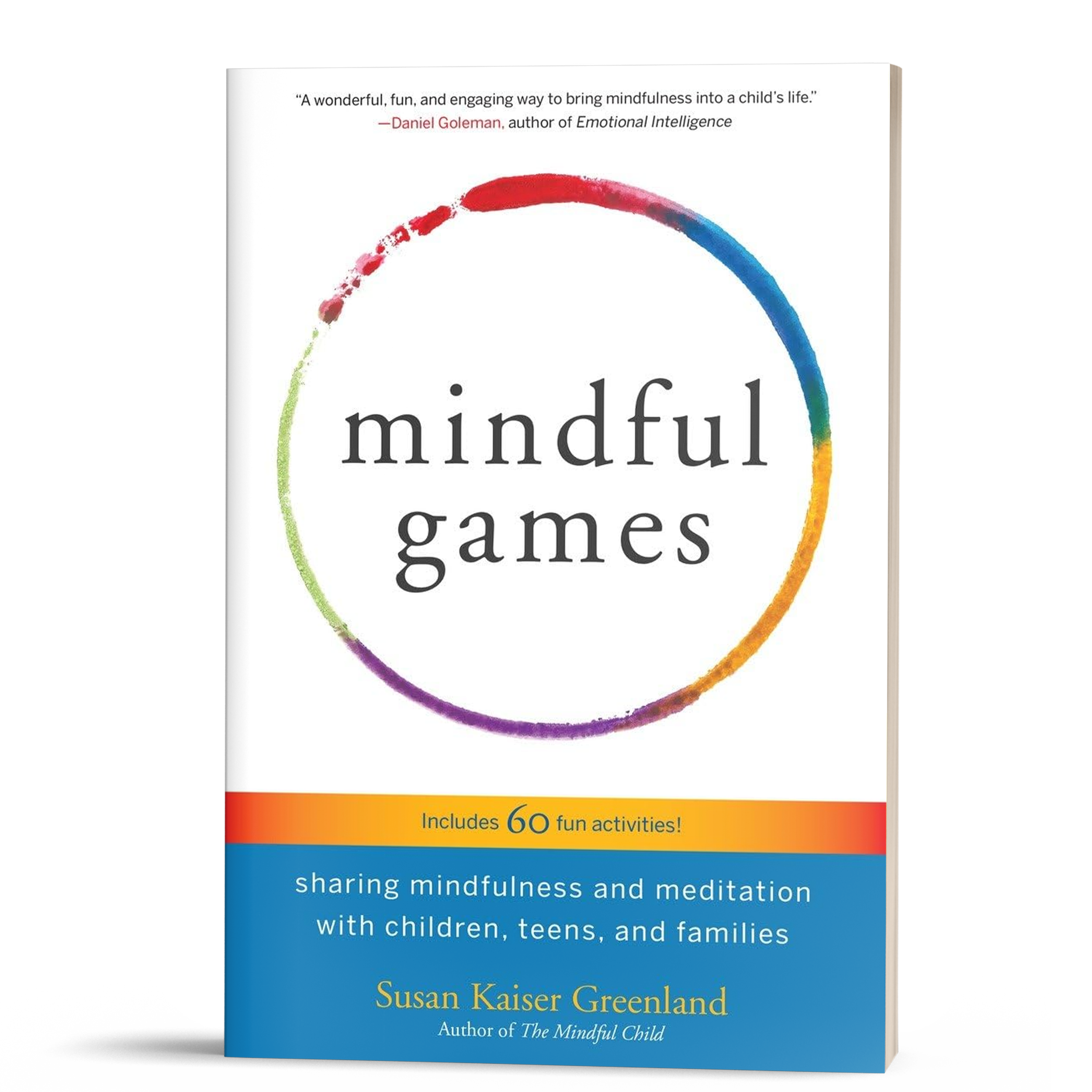mindfulness resources for adults
“Mindfulness,” and “meditation” have become buzzwords or even shorthand for how “enlightened” someone seems to be, but in reality, these tools for becoming more present, peaceful, and joyful in your life don’t need to be so serious. The most enlightened people in the world tend to be the most joyful, playful, and compassionate.
Modern life is hard enough without trying to adopt every “successful” guru’s approach to living. The truth is that many of the things that help us most in our everyday lives come from universal themes that have been practiced throughout the world for thousands of years. We’re lucky enough to live in a time where we now have access to these ancient wisdom and cultural traditions as well as new adaptations to help us bring these meaningful practices into our lives, even if we’ve only a few minutes to spare.
Below you’ll find some of the tools curated to help you in your daily life.

-
Take a break from the busyness and chaos of life and try out one of these simple practices to bring a moment of joy and peace to your day.
-
Deepen your practice, or find more ideas and tools in Susan’s books and audio offerings.
-
Simple, mindful insights & lessons to try out or easily integrate into your daily life.
-
Take a deeper look into the background and philosophy behind some of Susan’s tools.
If you’re new to meditation, it can be helpful to start with brief, frequent practices to build up your “mindfulness” muscle. As adults, we have become so accustomed to the lightning speed and the cacophony of modern life that it can take some time to adjust our minds to moments of true calm and mental space. But keep at it and you’ll begin to develop greater mind-body awareness, cultivate more caring, connected relationships, and reduce stress. These practices are designed to keep it simple and helpful.
Look through our video library of lessons and activities for kids and adults. And be sure to also check out Susan’s YouTube channel for more.
Skills, Methods, + Themes
Susan is a mindfulness educator and author specializing in distilling global wisdom traditions and scientific research into straightforward everyday practices. In the early 2000s, she helped pioneer the introduction of secular mindfulness into classrooms through her Inner Kids model. Over the decades, educators, parents, therapists, and other adults who’ve worked with children have found the very same mindfulness concepts that were designed for children to be powerful in their own lives. Many of these adults have reached out to express how, before working with the Inner Kids model, they struggled to infuse mindfulness into their lives, and how after they’ve been able to integrate it more successfully.
Here is a little bit of background about the Inner Kids model and Susan’s unique and compassionate approach to mindfulness:
Activity-based mindfulness (or mindful games) explore the following important elements derived from psychology, philosophy, theology, neuroscience, education, and contemplative traditions:
Six social, emotional, and academic life skills — quieting, focusing, seeing, reframing, caring, and connecting — that help us become less reactive and more aware of what’s happening within and around us
Six introspective methods — anchor practices, awareness practices, body scans, analytical practices, movement, and visualization — develop these crucial social, emotional, and academic life skills
Universal themes that help us navigate the ups and downs of life with wisdom and compassion
The Inner Kids model is loosely designed to follow the sequence Play, Practice, Share and Apply. The last three steps of this sequence track my favorite shorthand description of the scientific method, one that comes from Douglas Adams Hitchhiker's Guide to the Galaxy: "See first, think later, then test."
Many children think meditation is easy, while adults often find it difficult at first. Yet, brief, frequent periods of practice help adults develop greater mind-body awareness, cultivate caring, connected relationships, and reduce stress.
Practicing on our own is terrific, and so is practicing mindfulness together with others. When we practice with our kids, partners, or friends, we’re not just tuning into our own experiences; we’re also tuning into the other person’s inner and outer worlds.
Mindfulness together is relational mindfulness, where we watch, listen, sense, interpret, and respond to what other people say and do in a way that we better see and understand them, and in turn, they feel seen and understood. Relational mindfulness happens all the time; for instance, when team members play together in a basketball game, they are in tune with each other and themselves, as are actors when they’re improvising a comedy sketch or musicians in a band.
We welcome you to try any of these practices out alone or with a friend. Be sure to also check out Susan’s newest book Real-World Enlightenment, which includes 50 practical tools to ease anxiety, overwhelm, and stress.









